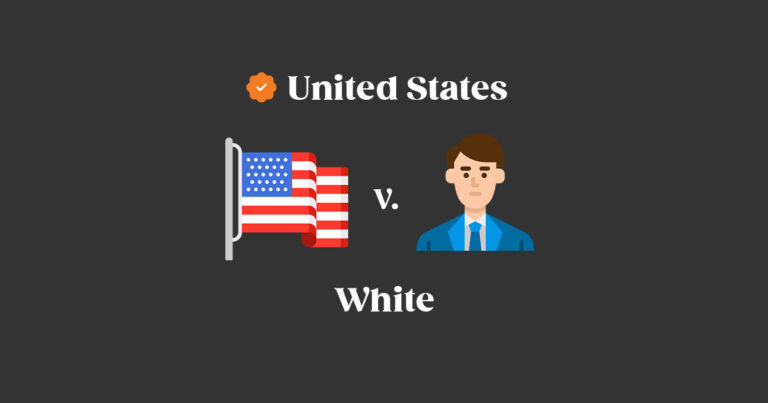Quick Summary
James A. White was convicted in federal court for selling narcotics. His conviction was based on the information provided by Harvey Jackson, a government informant who wore a secret electronic wire to record private discussions.
The issue presented to the court was whether a government agent’s use of two-way radio to communicate with other officers constituted a search or seizure under the Fourth Amendment.
The court ruled that it did not violate the Fourth Amendment search and seizure and that the evidence discovered as a result of the conversation was admissible in court.
Rule of Law
The Fourth Amendment to the Constitution of the United States protects against unreasonable searches and seizures, including electronic surveillance and wiretapping. Before conducting a search or seizure, the government must obtain a warrant supported by probable cause. The Fourth Amendment prohibits, in the context of electronic surveillance, the use of evidence obtained through the monitoring of conversations between a defendant and a government informant if it was obtained without a warrant or probable cause.
Facts of the Case
In 1966, James A. White was convicted in federal court for selling narcotics. The evidence against him in the trial included certain incriminating statements he made that were overheard by government agents through warrantless electronic eavesdropping using a transmitter worn by a government informer during his meetings with Mr. White.
Without the informant present, the trial court accepted the testimony of the agents who carried out the electronic surveillance as evidence.
Mr. White appealed his conviction that recording the conversation using an electronic wire without a warrant violated the Fourth Amendment to the constitution.
Issue
Is using testimony from government agents in a criminal trial about conversations they overheard through warrantless electronic surveillance a violation of the Fourth Amendment?
Holding and Conclusion
No. These recordings do not fall in violation of the Fourth Amendment.
In a 5-4 decision, the supreme court ruled that testimony from the government agents related to conversations overheard from electronic surveillance is admissible as evidence without a warrant.
The court also stated that it was not necessary to have the informant at trial if the government agents who overhear the conversation were present to give the testimony.
The majority holds that the Respondent cannot rely on the presumption that a communication is private, thereby affirming a series of rulings that upheld government agents’ recording of conversations that appeared to be private.
The majority argues that distinguishing between talks heard through agents with and without electronic recording is irrational.
Reasoning and Analysis
The Supreme Court of the United States ruled that the use of concealed radio transmitters modeled by informants to record conversations does not violate the Fourth Amendment’s protection against unreasonable search and seizure and so does not require a warrant.
Relevant FAQs of this case
Does current law allow police to install wiretaps without a warrant?
No. Due to federal restrictions, wiretapping is one of the most complex processes and should only be conducted when absolutely necessary. Furthermore, its limited utility is only employed to combat terrorism and the gravest crimes.
All law enforcement officials must comply with Section 2516 of Title 18 of the United States Code when using wiretaps to obtain evidence of a felony violation of federal law.
When determining whether probable cause exists to justify a wiretap, federal courts evaluate the facts independently and draw a conclusion. As soon as a judge authorizes a wiretap, he or she must supervise its execution.
It is a serious crime to listen in on a phone conversation without meeting these stringent requirements and obtaining the necessary court approvals.
Are there any circumstances when wiretapping does not require a warrant?
In exceptional circumstances, police enforcement can get a warrant for an instantaneous wiretap and arrange with the telecommunications provider to have the tap deployed immediately. After that, the formal period to acquire a federal warrant is 48 hours.
A warrant is still required despite this “exception” indicates that this is not an acceptable legal standard. This fact is only discovered after the wiretapping has already begun. Wiretapping must cease if the court refuses to sign the warrant.
References
Was this case brief helpful?
